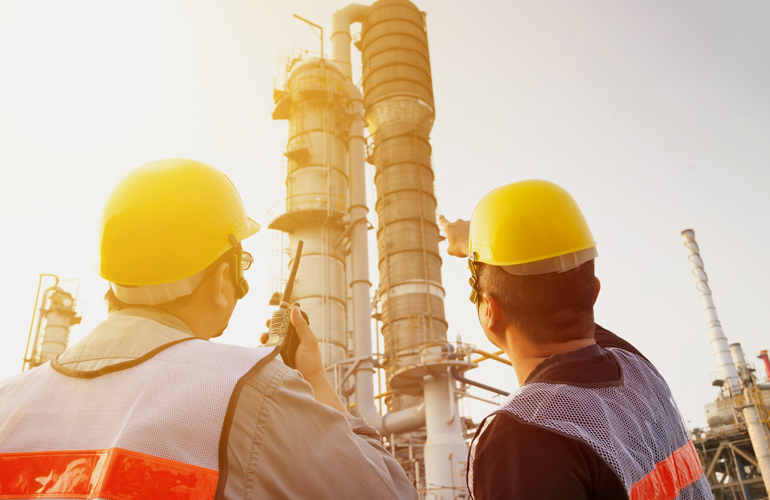Petroleum Refining Technology is a specialized technical course that focuses on the processes, equipment, and technologies used in transforming crude oil into useful petroleum products such as gasoline, diesel, LPG, aviation fuel, lubricants, asphalt, and petrochemical feedstocks.
Petroleum Refining Technology
Petroleum Refining Technology is a specialized technical course that focuses on the processes, equipment, and technologiesKey Processes in Petroleum Refining:
Distillation (Fractionation): Atmospheric Distillation: First step where crude oil is heated and separated into components like naphtha, kerosene, diesel, and gas oil. Vacuum Distillation: Further separates heavier residues under reduced pressure. Conversion Processes: Catalytic Cracking: Breaks heavy molecules into lighter, more valuable products like gasoline. Hydrocracking: Similar to catalytic cracking but uses hydrogen to produce cleaner fuels. Coking: Converts heavy residues into lighter hydrocarbons and petroleum coke. Alkylation & Isomerization: Improves the octane rating of gasoline. Treatment & Finishing: Hydrotreating: Removes sulfur, nitrogen, and other impurities. Desulfurization: Reduces sulfur content to meet emission standards. Blending: Combines different streams to produce final products with desired properties.
Important Technologies Used:
-
Catalysts (for cracking and reforming) Advanced control systems and automation Heat exchangers, pumps, reactors, and distillation columns
Environmental and Safety Considerations:
-
Catalysts (for cracking and reforming)
Advanced control systems and automation Heat exchangers, pumps, reactors, and distillation columns
-


